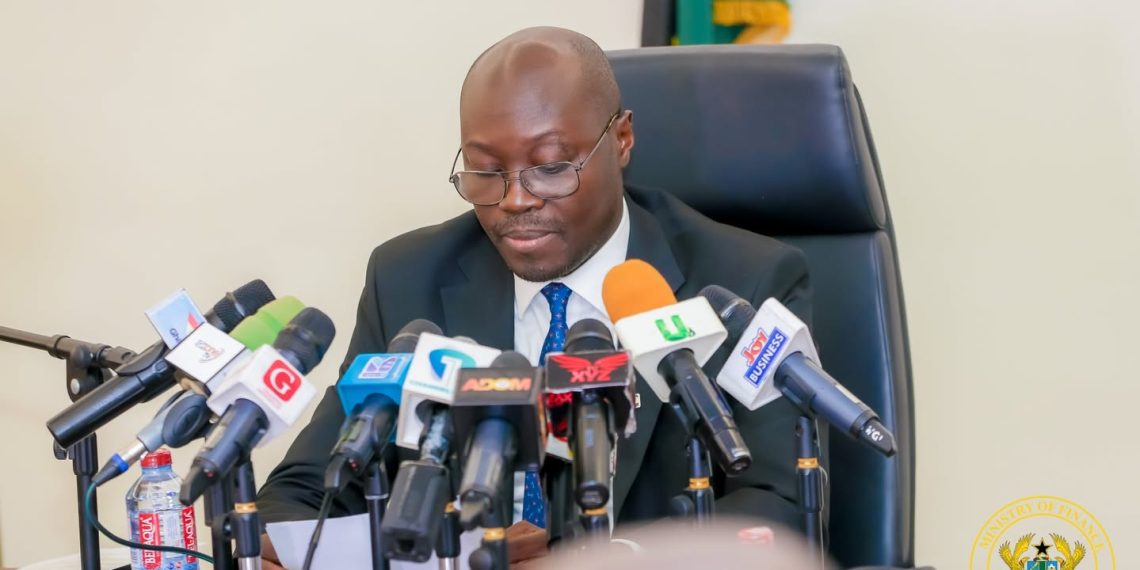adverts
The International Monetary Fund (IMF) is set to commence crucial discussions with the Ghanaian government this week as the country finalises its 2025 budget, scheduled for presentation in March.
The negotiations come at a significant juncture, with the government planning to eliminate key tax measures, including the Electronic Transactions Levy (E-levy), the betting tax, and the COVID-19 levy. These levies, introduced by the previous administration to bolster domestic revenue, have been met with strong opposition from businesses and the general public.
Ghana, currently under a $3 billion IMF-backed Extended Credit Facility (ECF) program, must align its fiscal strategies with the fund’s economic recovery roadmap. The IMF is expected to scrutinise how the proposed tax cuts fit into the broader fiscal consolidation efforts, ensuring that they do not derail the country’s revenue targets or economic stability.
adverts
Beyond tax concerns, the discussions will also focus on Ghana’s deepening energy sector debt, which has been a major burden on public finances. The country’s energy liabilities, estimated to exceed $2 billion, pose a significant threat to the stability of independent power producers (IPPs) and the broader economy.
Power producers have repeatedly cautioned that unresolved debts could lead to supply disruptions, worsening Ghana’s energy security. Additionally, the financial distress in the energy sector has contributed to the depreciation of the cedi, as the government requires substantial foreign exchange reserves to meet payment obligations to power producers.
The IMF is likely to push for comprehensive reforms in the energy sector, advocating for improved cost recovery mechanisms, structural efficiency improvements, and sustainable financial strategies to prevent further economic instability.
As part of its engagement with the IMF, the government is expected to present a clear roadmap outlining how it plans to offset revenue shortfalls resulting from tax cuts, settle outstanding energy sector debts, and maintain macroeconomic stability.
The outcome of these discussions will be closely monitored by investors, businesses, and multilateral partners, as Ghana strives to balance fiscal discipline with economic growth and energy sector resilience.
Click the link Puretvonline.com | WhatsApp Channel to join the whatsapp channel
GOT A STORY?
Contact/WhatsApp: +233243201960 or Email: manuelnkansah33@gmail.com


